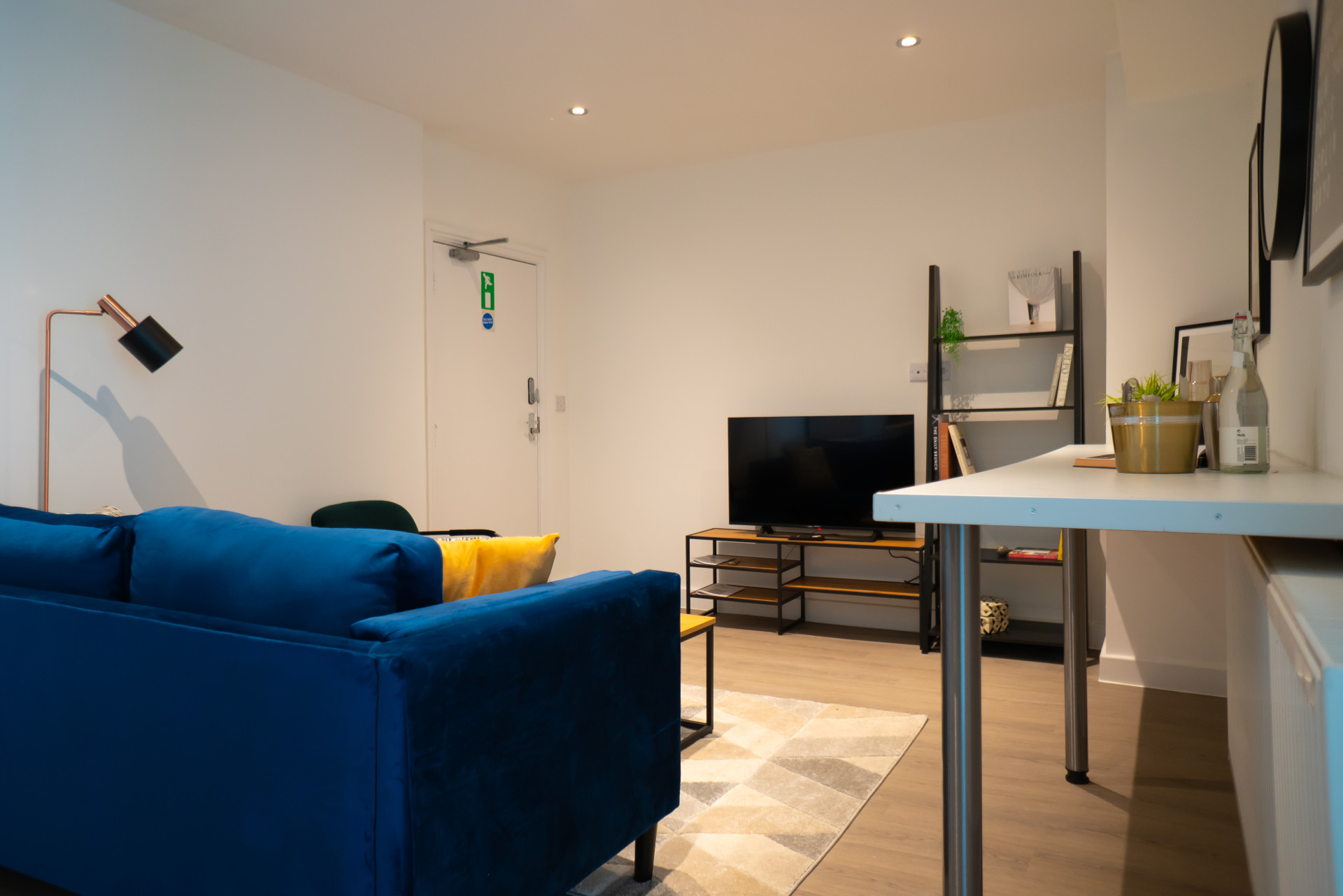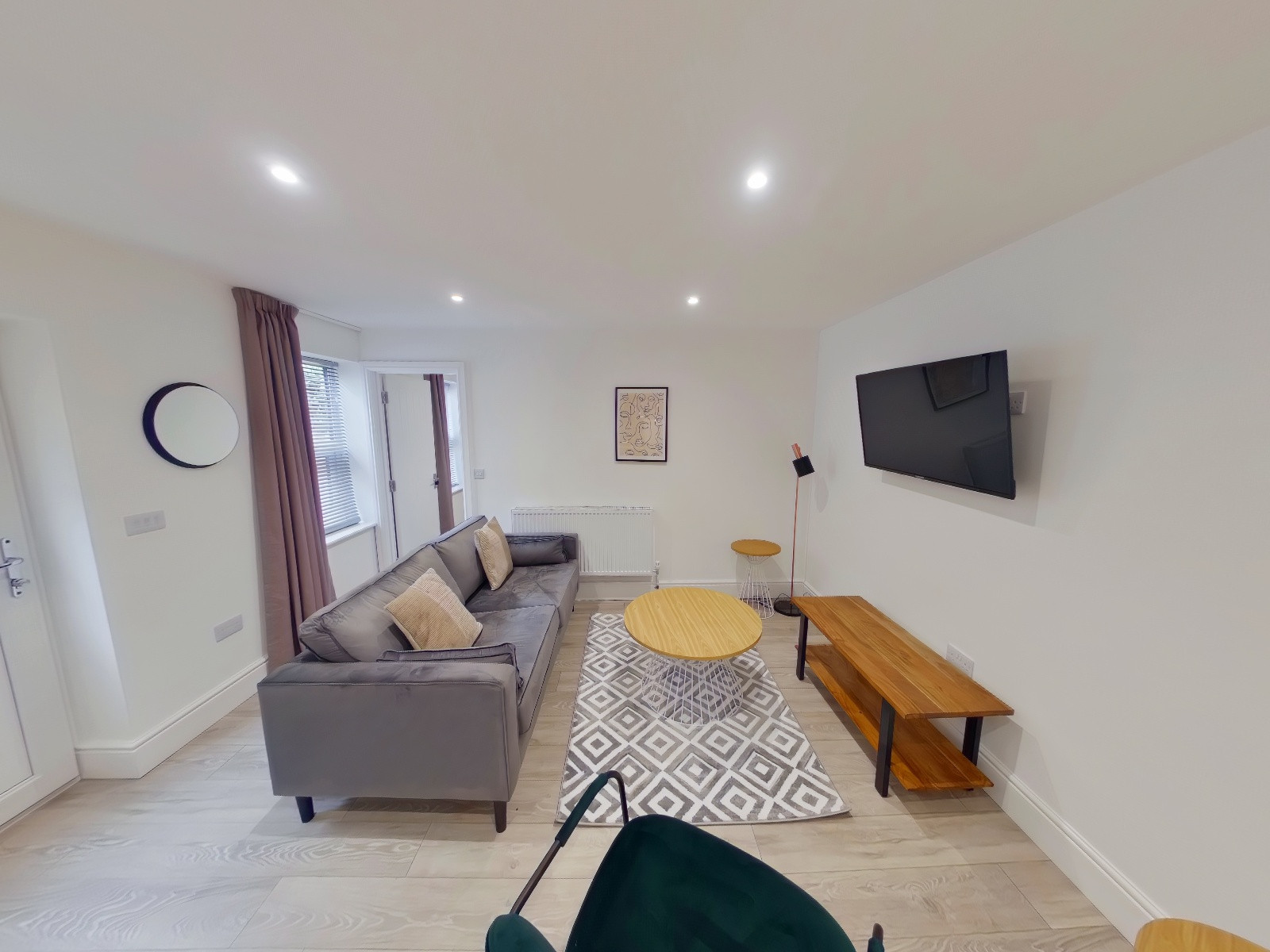My Experience with Mental Health at University

My experience with anxiety and panic attacks
For me, my third year was the most challenging - both academically and in terms of my mental health. After a stressful summer of facing some difficult personal issues, I began to experience extreme anxiety - generally feeling down, on edge and not wanting to leave the house. My mental health had begun to affect my physical wellbeing - I often felt ill and unable to do the things I would usually enjoy doing.

By the end of summer, I was taking the first hesitant steps to get my life back on track - I was on medication, spending time with loved ones, and doing my best to challenge my anxiety by spending more time outdoors and away from home. Still, those nervous feelings didn’t go away as easily as I had hoped.
For the first time ever, I wasn’t looking forward to my return to university. I was dreading it. Lectures and seminars, living away from home and even seeing my friends, felt overwhelming. The university life that I had enjoyed so much in the first two years suddenly felt impossible - my confidence was at an all-time low.
Surprisingly, my first term went somewhat smoothly - I was so caught up in my dissertation project that I didn’t have much time to focus on my anxiety.I regularly challenged myself to do the things that made me feel anxious and even took out books from the library to help me understand what I was experiencing. I was coping, but I wasn’t really taking the time to process howI had been feeling and recover. Soon enough, my anxiety seemed to catch up with me.
Once the second term started, the physical symptoms of anxiety returned - I would catch my heart racing in lecture theatres and when I had a busy day ahead, I often felt nauseous. Every so often, I would feel overwhelmed by a sudden need to ‘escape’ - to manage this, I would sometimes choose to sit at the end of the row in classes. In one particularly important meeting with a lecturer and a handful of other students about coursework, all of those unpleasant feelings hit at once. I was experiencing a panic attack. Feeling utterly out of my depth, I quickly made an excuse to leave. I was devastated - I knew something was wrong, and seriously impacting my daily life, but I had no idea how to make myself feel better. I was missing shifts at work, my lectures and social events. It was at that point I decided I needed help.

Getting help
After speaking with friends and family, I reached out to my university’s mental health services. The process was fairly simple - I filled in a quick questionnaire about my feelings and wrote a short paragraph detailing my recent anxiety and panic attacks. Within a week, I received an email, with a date and time for my first appointment, and a link to an online Cognitive BehaviouralTherapy (CBT) service called SilverCloud to help me in the meantime.
Although I was nervous to attend, counselling really helped me manage my anxiety for the remainder of my third year. I was given tools to deal with my physical symptoms - including breathing exercises and guided meditation. Most importantly, I was given a safe space to talk about my experiences and work through my most anxiety-inducing thoughts and fears, without judgement. My counsellor even recorded a guided deep meditation session for me - which I still use to this day.
By the end of term, I felt more confident, was attending my classes again and was better able to understand and manage my anxiety. Of course, recovery isn’t linear, so there were times where I faced setbacks, but each time, I was that little bit more capable of bouncing back. It took time, but I was feeling better.
My advice to students struggling with their mental health
For anyone struggling with your mental health whilst studying, I urge you to speak to your loved ones and if you need it, reach out for professional help. Check out what services your university has to offer and how to gain access to them. Your university may offer Cognitive Behavioural Therapy, talking therapies, group sessions or mindfulness classes. Alternatively, consider speaking to your GP for more long-term therapeutic support or medication.
If possible, speak with your lecturers or employers if you feel as though your mental health is affecting your performance academically or at work. You may be eligible for extensions or extra support. Sometimes, if you feel comfortable, being honest about your feelings and sharing your experiences with others can help take some pressure off of yourself.
For me personally, a mix of therapy, medication and mindfulness help me manage my anxiety, but it’s important to remember that recovery is different for everybody. Studying at university is a huge accomplishment in itself -studying whilst suffering from mental illness is even more difficult. Take the time to appreciate how far you’ve come and what you’ve achieved, no matter how big or small.
Here are some of my favourite mental health-focused apps, tools and websites:

- Woebot: A live chat fictional robot who helps you challenge your negative thoughts in gentle, easy-to-follow, CBT sessions.
- Headspace: An app that offers guided meditations to help you improve your wellbeing and sleep, relaxing soundscapes, motivating podcasts and exercise routines.
- Rootd: An app specifically focused on relieving anxiety and panic attacks.
- Yoga with Adrienne: A YouTube channel that offers gentle yoga and meditation for mental health, including depression, stress and anxiety.
- Mind: A UK mental health charity, which offers support and resources for those struggling with a variety of mental health issues.
- NHS Mental Health page: A page full of resources, detailing therapies and support available in your area.
If you need immediate support, contact the Samaritans for free, 24/7 at 116 123, or a specific mental health helpline (for anxiety, bipolar, depression, OCD, abuse, addiction and many more) available on the NHS website. You are not alone.








